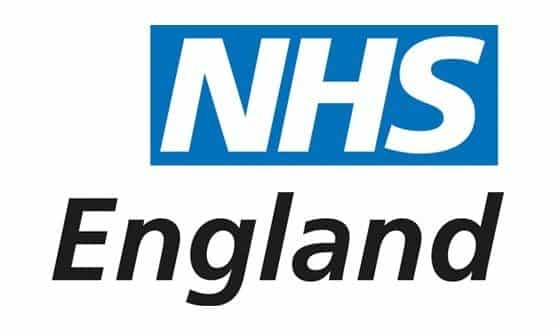Urgent care change pilots started
- 21 August 2014

NHS England has established a series of pilots for a “system-wide transformation” of emergency services, including restructuring A&Es and enhancing the NHS 111 service.
Its medical director, Sir Bruce Keogh, was tasked to review urgent and emergency care services and ease pressure on the services.
NHS England has now issued a progress update on the work that has been done since the first report on the first stage of the review that was published in November last year.
The progress update says that over the last six months, the centre has worked to set out more specific guidelines for how this will work and begun pilots and evaluation projects to test out the new initiatives.
This includes an enhanced NHS 111 service as a single point of contact where patients can speak directly to nurses, doctors and other healthcare professionals who have access to the patients’ medical history.
“Clinicians within the NHS 111 service have access to relevant aspects of a patient’s medical and care information (where the patient has consented to this being available), including knowledge about contact history and medical problems; so that the service can help patients make the best decisions,” says the update.
The 111 telephone triage service, which had a rocky start after its launch in Easter 2013 and faced significant problems with staff shortages, treatment delays and ambulances called unnecessary, will become “enhanced” and “the smart call to make” as a 24-hour personalised service.
Once the urgent care services “outside hospitals” have been enhanced, NHS England will introduce “two levels of hospital emergency department under the working titles of ‘emergency centres’ and ‘major emergency centres.
“In time, these will replace the inconsistent levels of service provided by A&E departments,” says the original report.
“Emergency centres will be capable of assessing and initiating treatment for all patients and safely transferring them when necessary. Major emergency centres will be much larger units, capable of not just assessing and initiating treatment for all patients but providing a range of highly specialist services.”
The November report says there will be around 40-70 major emergency centres and the overall number of emergency centres, including the major ones, will be “broadly equal to the current number of A&E departments”. Guidance on how to connect urgent care services is currently being developed.
The new NHS 111 service, which will go live during 2015-16, will be able to book appointments for the patient with the relevant service, which could include a call back from a GP, out-of-hours services, home visit or an appointment at an emergency department.
“NHS 111 must continue to be able to identify potentially life threatening problems and dispatch an ambulance without delay, or re-triage, and support the patient prior to the vehicle arriving,” says the progress update.
The transformation will also include providing better support for people to self-care, through more accessible information about self-treatment.
It also includes “faster and consistent same day, every day access to primary care and community services” for people with urgent needs, which Sir Bruce envisions as GPs, out-of-hours, community health and 111 working together.
“We also need to ensure that GPs are better supported by hospital specialists so that they have access to a rapid, specialist clinical opinion, thus potentially avoiding the need to admit a patient in an emergency” says the report.
Draft guidance on specifications for how ambulance services should be delivered has also been developed and ambulances will become “mobile urgent treatment services”, giving more options to treat people at home.
NHS England says the next steps is to continue to meet with patients and stakeholders and deliver more work to “implement our vision” and the publication of further updates will follow.




